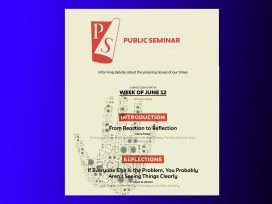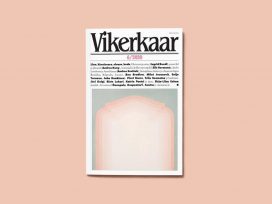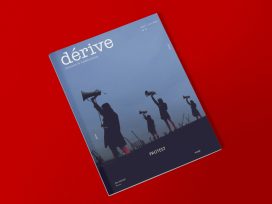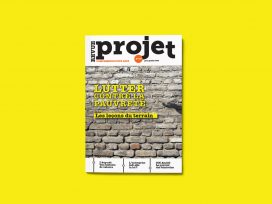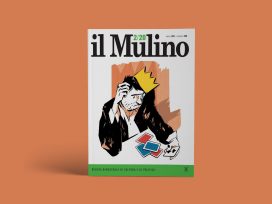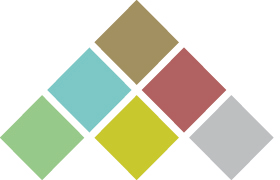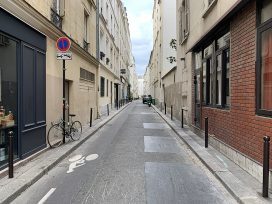Revue Projet on poverty: France’s scrap metal economy between invisibility and stigmatization; why Macron’s counter-poverty measures are welcome but might not work; and photojournalism from the frontline of the battle against coronavirus.
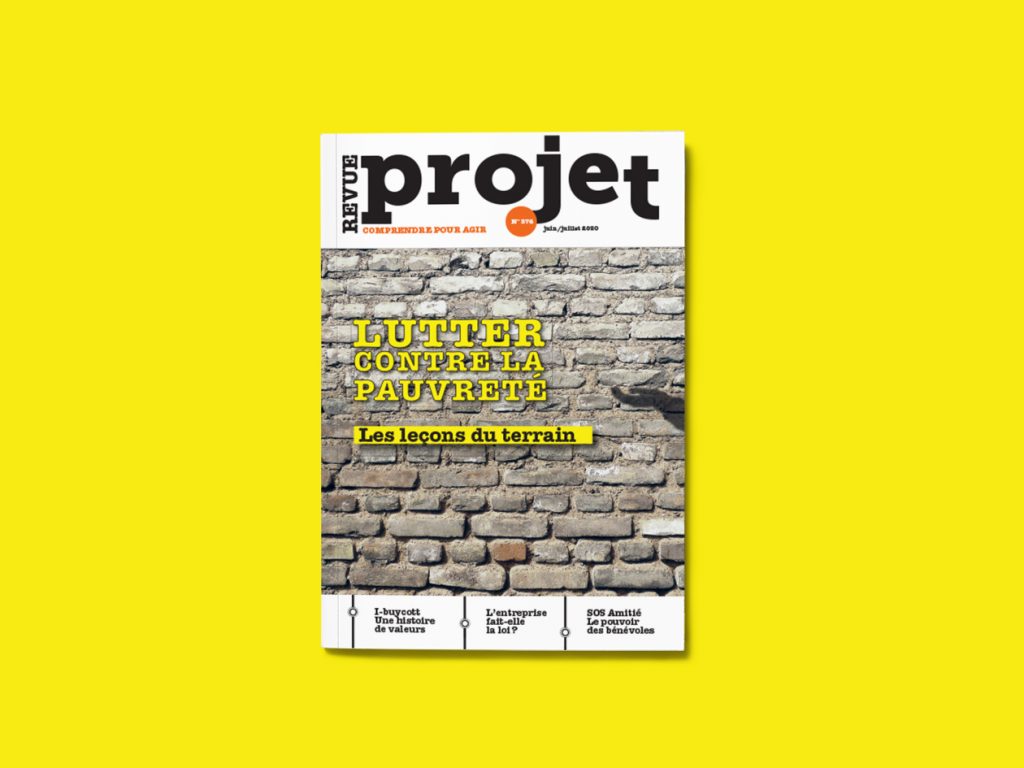
In Revue Projet, Bénédicte Florin and Pascal Garret’s portray France’s grey economy of metal reclamation, in which marginalized immigrants – particularly Roma – as well as impoverished French citizens wander the country’s cities daily in search of scrap. ‘There’s a lot of competition among the junk collectors’, says one collector, a Romanian who came to Paris in 2009 and lived in a shanty town before being rehoused by the authorities. ‘If you’re out collecting every day you can see everybody working their shift, all the time.’
The labour of these small recycling operators in gathering, dismantling, sorting, and selling scrap metal plays a major role in the lucrative market for waste products, write Florin and Garret. ‘Stigmatized in a variety of ways and excluded from the social system, they remain essential to the successful functioning of a flourishing global recycling industry.’
And yet, criminalization of ‘ragpicking’ is increasing. ‘Has the time not come to change the paradigm with regard to these workers, who collect otherwise waste material, and play their part in the circular economy?’
Poverty
The 1980s and ’90s saw a move in France towards discouraging reliance on benefits and rewarding the working poor, writes Nicolas Duvoux. The policy proved counterproductive, with low uptake and a creeping expansion of the benefits system to ever wider target constituencies. The Macron government’s counter-poverty strategy brings in a raft of new measures aimed at preventing intergenerational poverty and providing early support for those at risk – but their effectiveness may be compromised by conflict with other policies. While wealth redistribution in France is relatively generous, reforms by successive governments mean that it remains a fragile achievement.
Healthcare
A series of photographs by two nurses on the front line of the battle against coronavirus offers a powerful insight into the conditions necessary to ensure safety within the hospital environment, and the importance of social bonds of solidarity among healthcare workers in a time of unprecedented pressure. In an accompanying interview, photographers Pauline and Émeline discuss life in the nursing profession and their belief that photography can play an important role in opening it up to the public: ‘we want to show our work without imposing any particular narrative on it.’
More articles from Revue Projet in Eurozine; Revue Projet’s website
This article is part of the 11/2020 Eurozine review. Click here to subscribe to our weekly newsletter, to get updates on reviews and our latest publishing.

This article was published in cooperation with CAIRN International Edition, translated and edited by Cadenza Academic Translations.
Published 22 June 2020
Original in English
© Eurozine
PDF/PRINTPublished in
In collaboration with
Newsletter
Subscribe to know what’s worth thinking about.
Related Articles
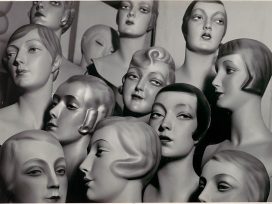
Giorgia Meloni could become Italy’s first female prime minister. Her political rise is no isolated case: ‘femonationalism’ is flourishing throughout Europe, disguising extremes as the next socially acceptable, mainstream choice.

With the first round of French elections fast approaching, opinion polls suggest a close contest at the top. So how has Le Pen managed to overcome the impact of new far-right contender Zemmour? And what might this mean for Macron’s centrist politics and the future of the Left, including the Greens?
